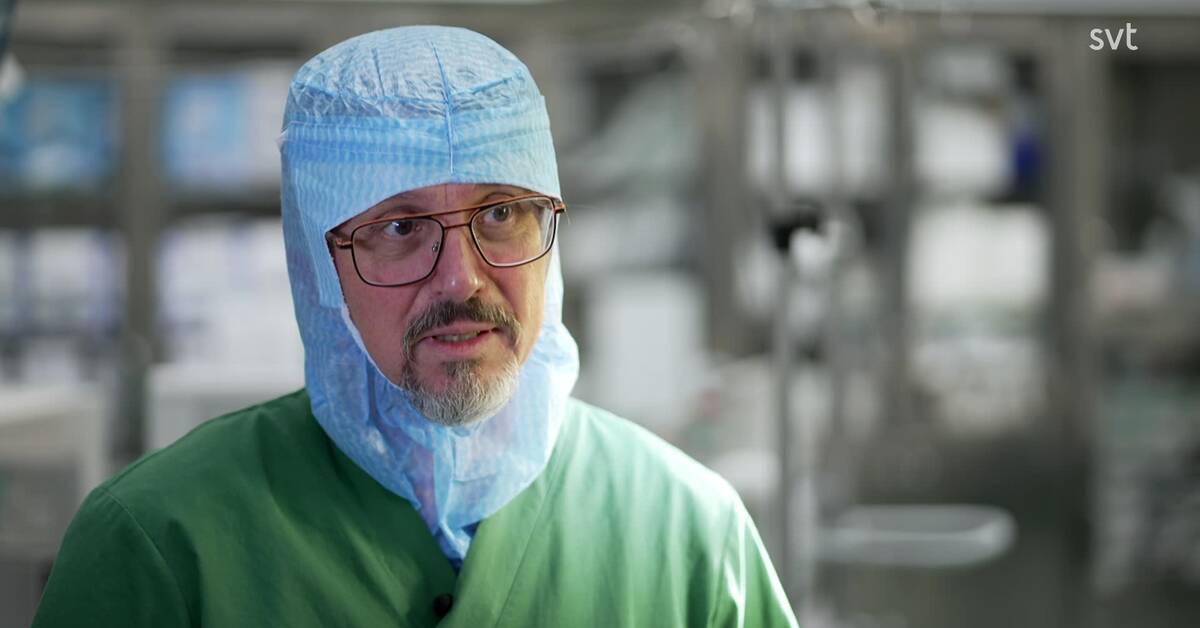The disease causes you to lose the cells that produce the neurotransmitter dopamine, which the brain uses to send signals between brain cells, and which we need to be able to move smoothly.
Today there is no cure for Parkinson's disease, only symptom-relieving drugs.
They can have severe side effects and their effectiveness diminishes over time.
Spare parts in the brain
But now hope is being raised for a better treatment.
It is researchers at Lund University who have succeeded in directing stem cells to develop into dopamine-producing nerve cells.
They become spare parts that are transplanted into the brains of patients with Parkinson's.
The idea is that the cultured cells will replace and take over the function of the cells that have been lost.
"Could revolutionize Parkinson's treatment"
The first trials on humans have just started at Scania University Hospital in Lund.
Eight patients will have seven million cultured cells injected into their brains.
Neurologist Gesine Paul-Visse believes that cell therapy can revolutionize the treatment of Parkinson's disease.
- The vision is that it could be given as a one-time treatment and the hope is that the patients can reduce their medication, avoid side effects of the drug treatment and get a long-lasting good motor effect from the cells for life, she says.
Medicines within ten years?
According to the researchers, the procedure involves a small risk of bleeding or infection.
But the most serious potential risk with this type of stem cell treatment is that the cells will continue to divide and form a tumor.
But the researchers say they feel safe, despite the risks.
- The cells have been tested carefully in animal studies for nine months and during that time no tumors have developed, says research leader and professor Malin Parmar at Lund University.
If the method proves to be safe and effective, the new dopamine cells can be produced in unlimited quantities.
- The goal is for these cultivated cells to be available as medicine all over the world within five to ten years, says Malin Parmar.

